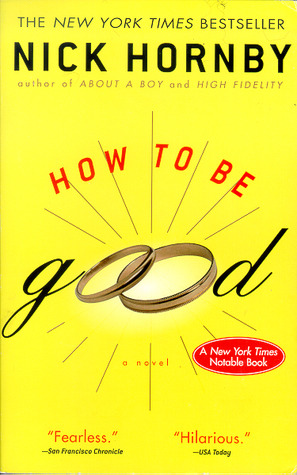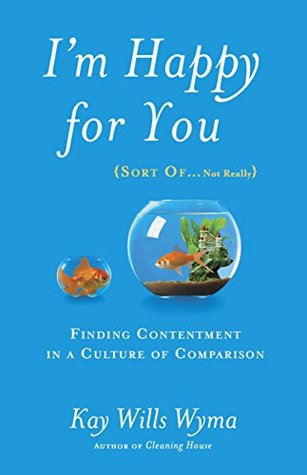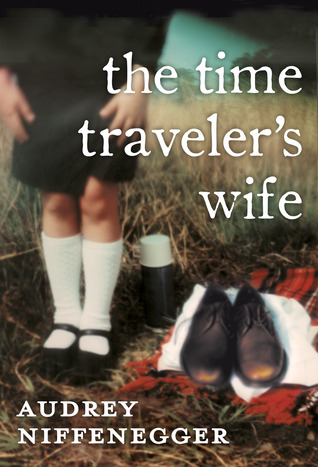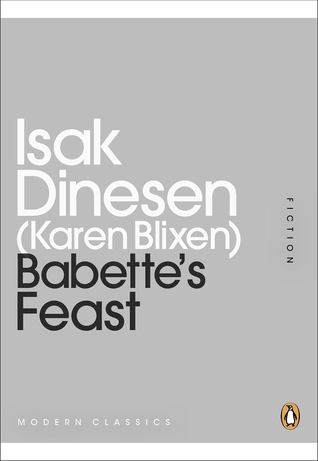
2015 Reading Challenge, Week 26 - A Book Published this Year
The only problem with good books published so recently, like this one, is that I have to wait longer for the sequel.
Irish immigrant James O’Leary has spent his life building Irish Meadows into a thriving horse farm and is not about to let hard economic times threaten its success. He intends for his daughters to marry prosperous men–ones who will secure the family’s rightful place in society, and at the same time, guarantee the future of Irish Meadows. Both girls, however, have different visions for their futures.
Brianna and Colleen O’Leary know their father expects them to marry well. Yet despite his wishes, Brianna, the quieter sister, dreams of attending college. Vivacious Colleen, meanwhile, is happy to marry–as long as her father’s choice meets her exacting standards. When stable hand Gilbert Whelan returns from college and distant family member Rylan Montgomery stops in on his way to the seminary in Boston, the two men quickly complicate everyone’s plans. It will take every ounce of courage for both sisters to follow their hearts. And even if they do, will they inevitably find their dreams too distant to reach?
MY THOUGHTS:
I have strong Irish ancestry in my family line, and loved this novel with its double romances. The O'Leary family live on Long Island, New York, in 1911. James, the father, is a successful trainer of thoroughbred horses, but fears his business is crumbling. He is an autocratic family head who thinks of his family as extensions of his resources, and also assumes that his own priorities must surely be theirs. His attitude extends to Gilbert, the penniless son of a servant he'd brought up as a foster son. With a mindset like James', there's bound to be conflict when his two elder daughters find his marriage choices for them repugnant, and want to follow their hearts instead.
Gilbert and Brianna's ties of affection go back years. She's also the bluestocking type, who wants to pursue a tertiary education, which is frowned upon by her father. Gilbert's plight makes us ponder the question of how much a person really owes a benefactor, and at what point should we call our lives our own. Some of their rash decisions and hasty jumps to conclusions made me wish someone would knock some sense into them, yet they are so true to life for young people who have known each other forever and aren't sure how they should be feeling toward each other. Especially when their feelings don't suit the dad who pulls the strings. Both Gilbert and Brianna have peace-loving, gentle personalities, and I couldn't help hoping they'd sort their tangles without too much angst.
Meanwhile, Brianna's elder sister, Colleen, starts off as a Scarlett O'Hara type of character, shallow, flirty and as manipulative as her father. She's astounded to fall for the fun-loving, warm-hearted Rylan, who happens to be training for the Catholic priesthood. I liked their story best, as it didn't have all the temperamental ups and downs of Gilbert and Brianna's, but just one very major, emotional hurdle. Wow, can that girl cry! She starts off as the sort of person who has toughened her heart and refused to cry, but in the few months covering this story, she makes up for all those years. There's hardly a scene where he's not pulling out his hanky for her. Got to love her.
Rylan's dilemma was a page turner. He has a passion for what he believes is his calling, but is blindsided by the equally strong feelings he develops for the young woman whose sensitivity and generous heart he sees unfolding before him. I think he was my favourite character, and Colleen was definitely lucky to meet him.
One thing puzzled me. The clergy in this story were given the title of 'Reverend', such as Reverend Filmore, but I thought the Irish priests were always called 'Father.' Were both appellations used in that time and place?
I'll be hanging out for the sequel. All through the story, I couldn't help noticing that the girls' brother, Adam, seemed to have issues, although they were swept to the background. I was pleased to get to the author's notes at the end of the book, and find out that his story is coming.
Thanks to Bethany House and Net Galley for my review copy.
5 stars










